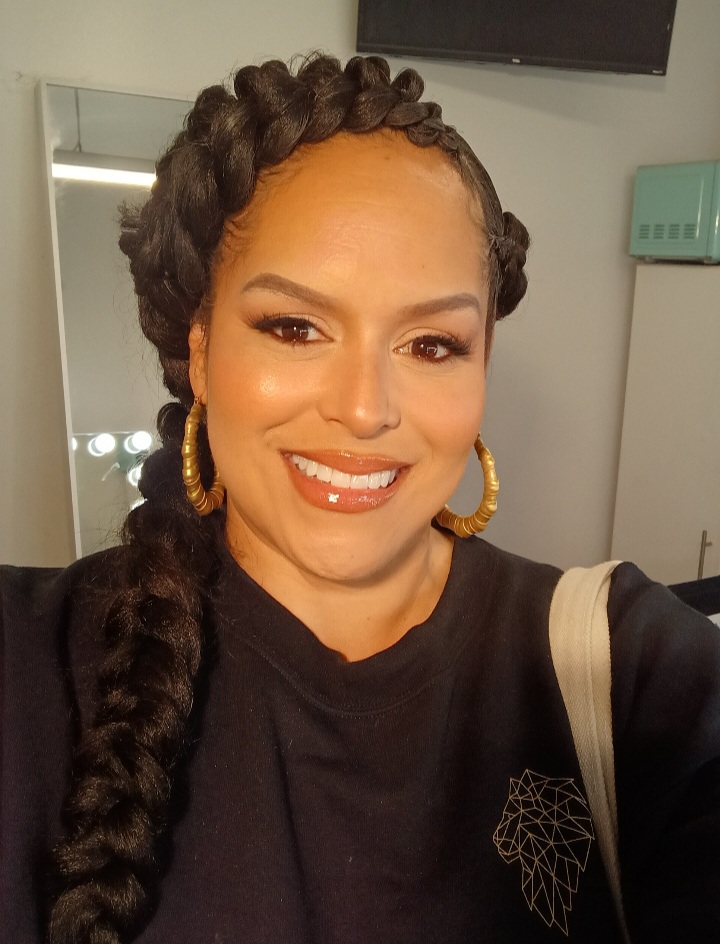Chef Chrystina Casado shared their story and experiences with us recently and you can find our conversation below.
Hi Chef Chrystina , thank you so much for taking time out of your busy day to share your story, experiences and insights with our readers. Let’s jump right in with an interesting one: What do the first 90 minutes of your day look like?
The first 90 minutes of my morning are sacred — they set the rhythm for how I show up as a mother, chef, and entrepreneur.
🙏 Prayer & Meditation
I begin with prayer and a five-minute meditation to ground myself and invite peace into my day.
🐾 Walking & Feeding the Dogs
I take the dogs for their morning walk, enjoying the fresh air and a gentle start. When we return, I feed them before shifting into mom mode.
🍳 Breakfast & Homework with Zion
I prepare a nourishing breakfast for my son, Zion, and we spend time reviewing his homework so he begins the day with confidence and clarity. We also make space to read together before heading out.
🚶♀️ The Walk to School
Our walk to school is one of my favorite parts of the morning. Along the way, Zion and I say our affirmations, remind each other how much we love one another, and then — without fail — we race to see who’s the fastest. Those little rituals fill our mornings with love, laughter, and energy.
✨ Ready for the Day Ahead
From there, I head to the office or the kitchen to begin my workday. I check emails and texts, create and send invoices for clients, and follow up on any outstanding balances. I also prepare catering projects and client meal preps to ensure everything is set, sent out on time, and done with care. Because we are farm-to-table, I place fresh ingredient orders daily, making sure every meal is crafted with the best seasonal produce and proteins.
Can you briefly introduce yourself and share what makes you or your brand unique?
Meet Chef Chrystina
I am Chef Chrystina — an artist, a chef, a teacher of culinary arts, a mother, and a community changemaker. At the heart of my work are two branches: Brunch at Zion’s, my for-profit catering and events company, and Dine with Dignity, my nonprofit that feeds 16 families each month who are facing hardship.
Through Brunch at Zion’s, we create more than meals — we create experiences. Our catering and large-scale events feature lush floral installations, edible flowers, and globally inspired menus rooted in Caribbean and Mediterranean flavors. I want people to feel like they’re eating in a garden — surrounded by beauty, flavor, and creativity.
Through Dine with Dignity, we offer the same quality of food and care to families in need. For us, dignity is non-negotiable. We don’t record or showcase the people we serve — only the food — because everyone deserves respect and compassion, especially during difficult times. Running a business is not just about profit; it’s about pouring back into the community.
Beyond catering and nonprofit work, I am also a teacher and mentor. We partner with local schools and provide farm-to-table experiences in community gardens and farms through our Chef in the Garden program. These moments connect young people and families to where their food comes from, teaching them how to cook, taste, and celebrate fresh, seasonal ingredients.
This year, we’re focused on expanding Dine with Dignity, growing our staff, and reaching more families.
My journey is deeply personal. I wanted to change the narrative for moms — to show women that we can live our dreams, do the work we love, and raise our children with presence and purpose. I want my son to see me as a role model, not fictional characters on TV or social media, so that he grows up knowing what wellness, integrity, and perseverance look like in real life.
Recently, I faced one of my toughest challenges — a breast cancer diagnosis. During my yearly mammogram, nothing was detected because of dense breast tissue. It was actually an ultrasound that revealed my cancer — something I now recommend to every woman with dense breast tissue to request alongside her mammogram. That ultrasound saved my life, and I am eternally grateful. I underwent a double mastectomy, and though the journey was not easy, it gave me a new perspective. Today, I am able to cook and guide clients with a deeper understanding of what healing through food really means.
Life will always throw curveballs. But as I’ve learned, it’s not the curveball itself that defines us — it’s how we catch it, and how we keep going.
With love, resilience, and purpose,
Chef Chrystina
Great, so let’s dive into your journey a bit more. What breaks the bonds between people—and what restores them?
What Breaks the Bonds Between People — And What Restores Them?
For me, the bonds between people are often broken by a lack of trust, accountability, and boundaries. Some people overstep, push too far, and cross lines that should be respected. As a giver, I used to find this especially difficult — but with time, I’ve learned that I cannot pour from an empty cup. If my cup isn’t full, I can’t give authentically to others.
Trust is sacred to me. I need to be able to trust that what you say aligns with what you do. When those two don’t match, I naturally step back. Accountability and integrity are equally important — doing the right thing when no one is watching, and having the humility to own your mistakes. Unfortunately, I’ve met many people who refuse to take responsibility, who gaslight or deflect instead of apologizing. It is nearly impossible to restore what’s broken when there is no acknowledgment of harm.
Another thing that breaks bonds is when help is offered with the wrong spirit. When someone gives out of genuine kindness, with no ill intent or expectation, that is meaningful. But too often, people help just to say, “I did this” or “I saved that person.” They exaggerate their actions or use someone’s moment of need as a stage for their own ego. That can be devastating, because it takes so much courage for someone to ask for help. True giving doesn’t come with strings attached — it comes from the heart.
As I’ve grown older, I’ve learned to step away from these dynamics rather than stay in situations that harm me. Even family, at times, can be disrespectful in how they speak or treat you. But when you stand up for yourself and reclaim your power, some are shocked — because they’ve grown used to you shrinking. For much of my life, I dimmed my light to make others comfortable. I will not do that anymore.
Restoration, for me, begins with healthy boundaries, honesty, and self-respect. It’s about modeling this for my son — showing him that real love and real connection are built on mutual respect, accountability, truth, and giving without agenda. If others cannot understand that, I’ve made peace with the loss.
Today, I live in the present, anchored in gratitude and guided by a higher purpose. And that, I’ve found, restores everything that truly matters.
What did suffering teach you that success never could?
Such a good question. For me, suffering has been a teacher in ways that success never could.
Sometimes, we create situations where we suffer more than we need to — and for me, that started in childhood. My parents had a very painful divorce. We were often caught in the middle, used against one another, withheld from one parent, or made to feel guilty for loving the other. On top of that, I grew up with self-image struggles from the way my siblings and my father spoke to me. Without the support I truly needed, I learned to work harder than everyone else just to keep up.
But even in the midst of that pain, I discovered something: I could support myself. I could be my own cheerleader. And along the way, I also learned that when you’re open to asking, there are always people willing to help, to love you, and to speak life into you.
Success shows you the result — but suffering shows you the process. Success is often celebrated, but it doesn’t always teach. Suffering, on the other hand, teaches grit, humility, and perspective. It forces you to fall — and when you fall, you can fall backward, or you can fall forward. Mistakes are powerful teachers. They allow you to reflect, to analyze, to see through a different lens.
Suffering can become your motivation — a fire that pushes you not to return to that same place of pain. It also gives you a testimony. It gives you stories and experiences you can pass down to your children — not so they can avoid their own lessons, but so they can see resilience lived out.
For me, suffering has also been about faith. I believe God watches not just what we do with blessings, but how we handle pain. Do we meet it with gratitude, or do we let bitterness take root? My attitude determines whether my suffering becomes a weight or a stepping stone.
When people say to me, “You’ve been through so much,” I don’t see it that way anymore. I see that my mother leaving created space for other incredible women to nurture me. I see that what looked like loss was also preparation. And now, as a mother myself, I get to decide how I show up — with love, presence, and purpose for my family.
Even in co-parenting, which is never easy, I am able to navigate in a healthier, more balanced way because of what I witnessed growing up. My parents’ struggles gave me a blueprint — not of what to repeat, but of what to do differently.
Suffering taught me resilience, gratitude, and the art of turning pain into purpose. Success never could.
So a lot of these questions go deep, but if you are open to it, we’ve got a few more questions that we’d love to get your take on. What’s a cultural value you protect at all costs?
The cultural value I protect at all costs is our history — where we come from, what we had to endure, and the resilience that brought us here. Generational trauma has shaped us, yes, but so has generational brilliance. It is essential to me that my son understands both: why he may think a certain way, how he must work differently, and most importantly, that his identity is rooted in strength, creativity, and greatness.
I remind him daily that our culture is rich and beautiful. Black people are magic. We are descendants of innovators, alchemists, world-class cooks, fashion designers, inventors, builders, storytellers, and leaders. From ancient African civilizations that pioneered mathematics and astronomy, to culinary traditions that transformed humble ingredients into global cuisines, to Black inventors who gave the world the traffic light, the ironing board, and countless medical and technological advances — our legacy is undeniable.
Yet, too often, society tries to tell us that we are “too much.” Too loud. Too bold. Too unapologetic. These are not flaws — they are survival tools and expressions of identity. Because the truth is, we have always had to work twice as hard, achieve more education, and push past countless microaggressions just to be seen. Too often, our contributions are erased, our labor forgotten, and our voices minimized.
This is why I protect our cultural value with everything I have. I want my son to grow up knowing that he comes from a people who turned pain into poetry, oppression into art, and hardship into innovation. I want him to carry himself with pride, to understand that resilience runs through his veins, and to know that he never needs to shrink himself to make others comfortable.
For me, protecting our culture is not just about remembering the past — it’s about ensuring the next generation knows their worth, their brilliance, and their power. My son will not only know the history of trauma — he will also know the history of triumph.
Thank you so much for all of your openness so far. Maybe we can close with a future oriented question. What do you understand deeply that most people don’t?
I believe one of the things I understand deeply — that many people may not — is that building a legacy is far more than money or possessions. Legacy is not only about how much you make or what you leave behind in material form. To me, legacy is about the wisdom, values, and purpose you pass down to your children, your family, and your community.
True legacy requires teaching: how to build with what you have, how to invest in and grow what’s in your hands, and how to preserve it for the future. It means showing your children and the generations that follow that trends come and go — but what is uniquely yours, what God has given you, has eternal value. Legacy isn’t just monetary; it’s spiritual. It’s purpose. It’s gifts. It’s history. It’s planting seeds, nurturing them with love and discipline, and watching them grow stronger with each generation.
In today’s world, legacy can sometimes be misunderstood or reduced to something superficial. Some think legacy is only generational wealth. Some believe it’s simply having children, or “carrying on the name.” But I believe it goes much deeper. Legacy is spiritual inheritance — the lessons, values, and sense of belonging you place in your children’s hearts and minds.
For me, legacy also means pouring into my community. I know that when I build with integrity and give back, I am paving the way for my son’s future. I want him to walk into any room and be honored — not only for who he is, but for the light of the ancestors and the legacy behind him. I want his presence to shine even brighter because of the foundation laid before him, so he can pass that strength on to his own family and to others.
To me, legacy is what remains in the soul, spirit, and memory of the people you’ve touched. It is the peace, love, and remembrance of who you are and whose you are. And that is something no money, no title, and no material thing can ever replace.
Contact Info:
- Website: https://Www.Brunchatzions.com
- Instagram: @Brunchatzions @Dinewithdignity
- Linkedin: Chrystina Casado
- Facebook: Brunch At Zion’s
- Youtube: Brunch At Zions
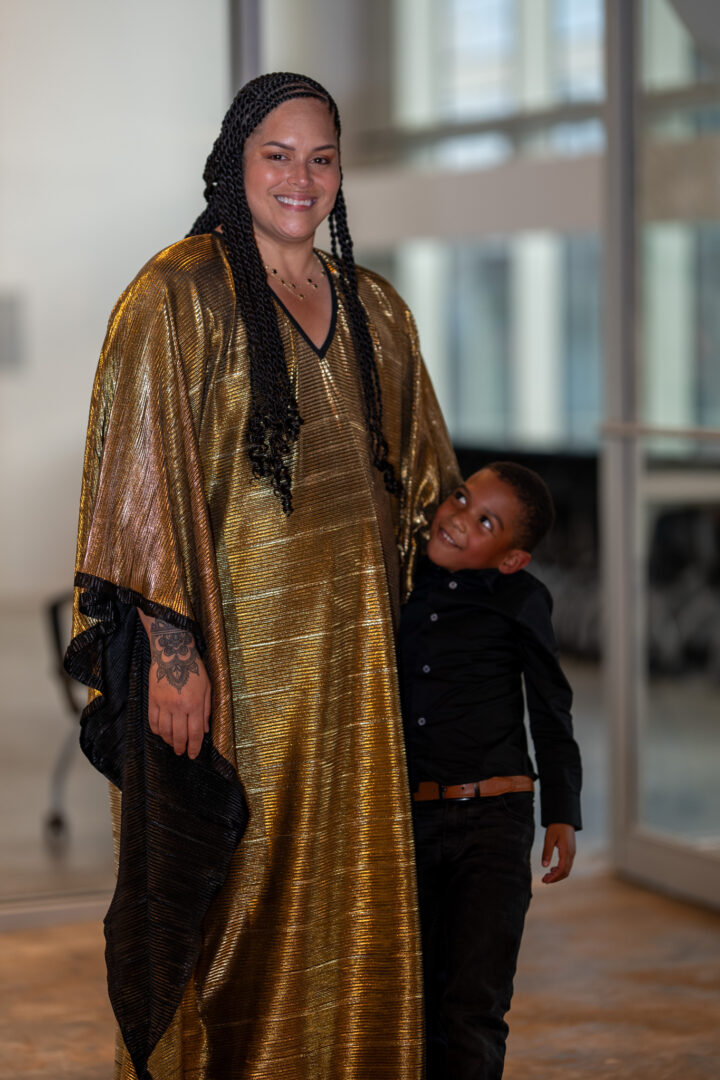
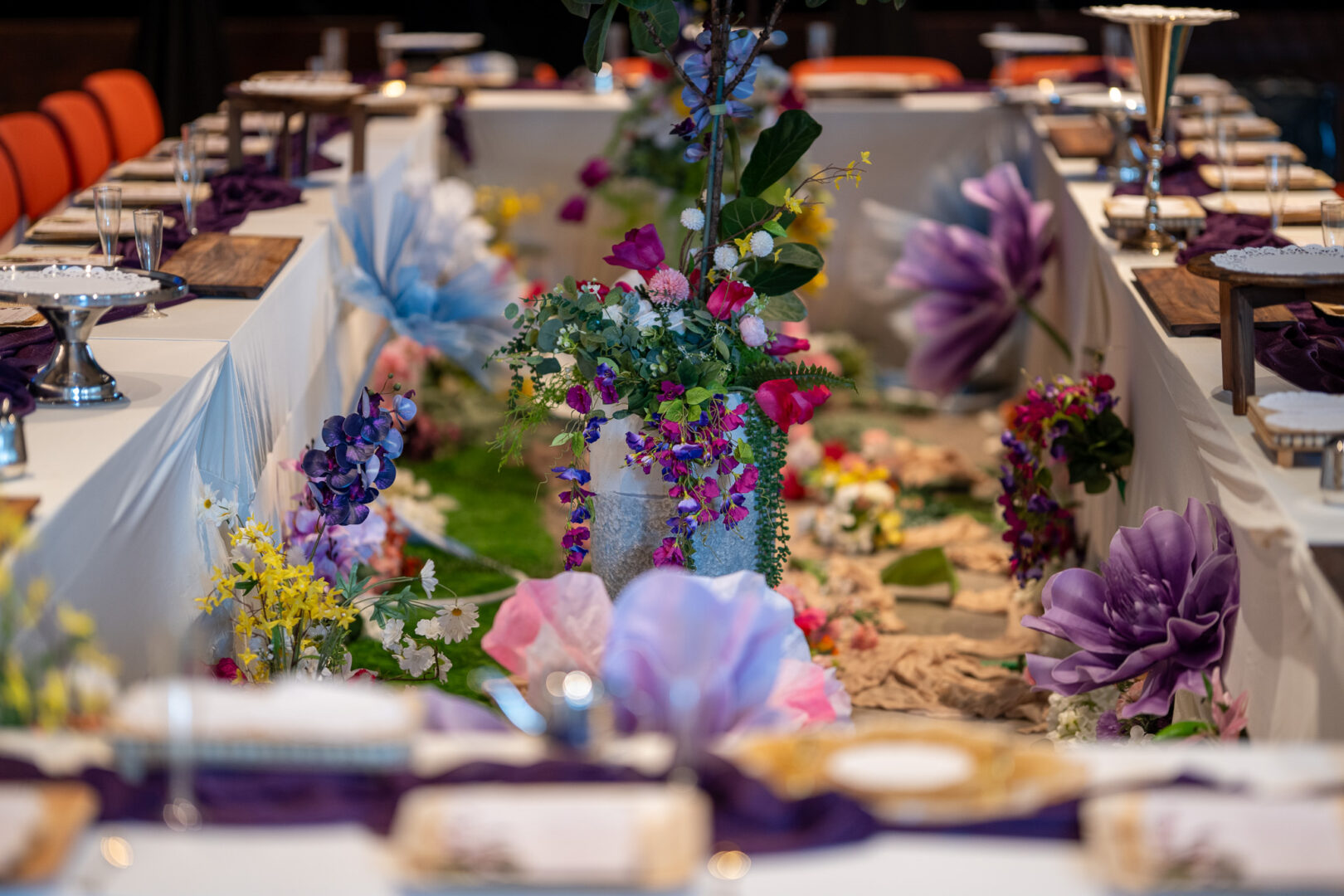
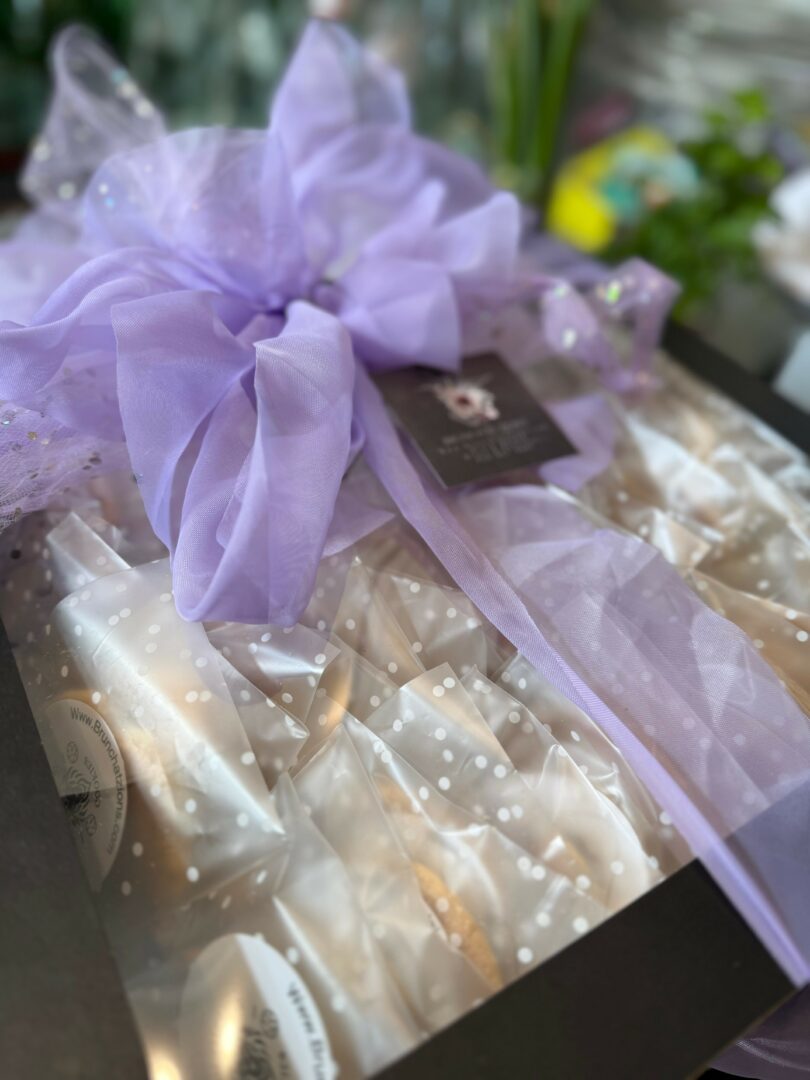
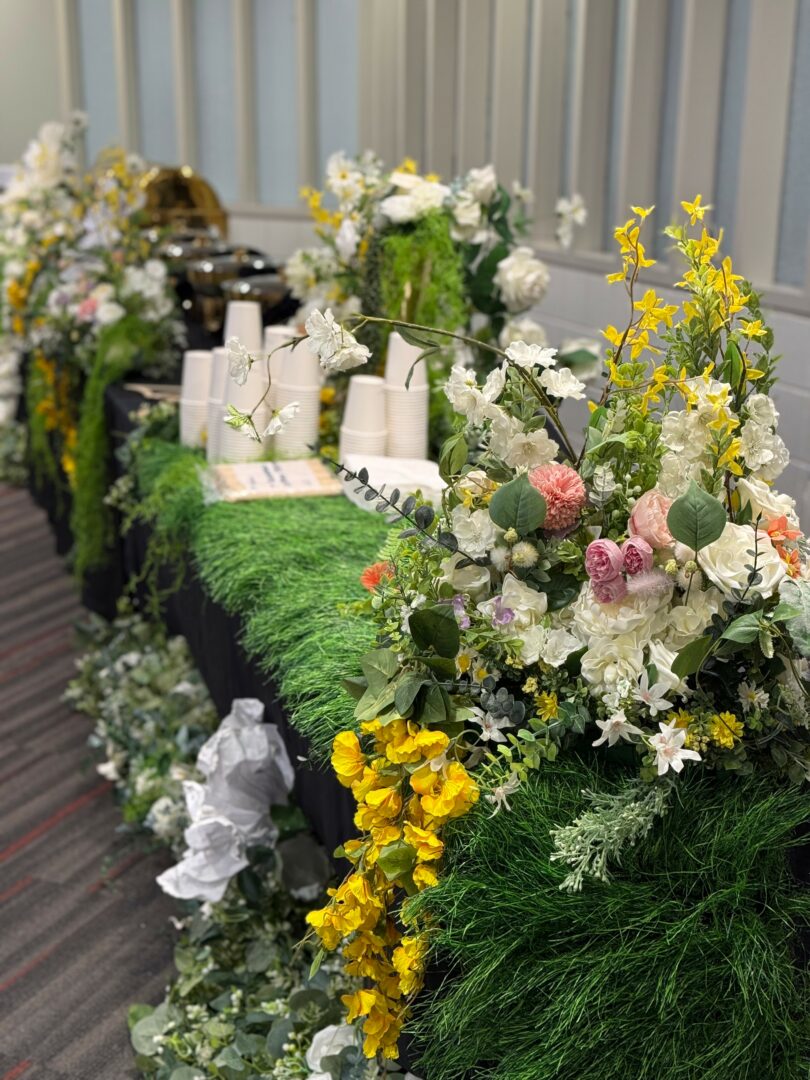
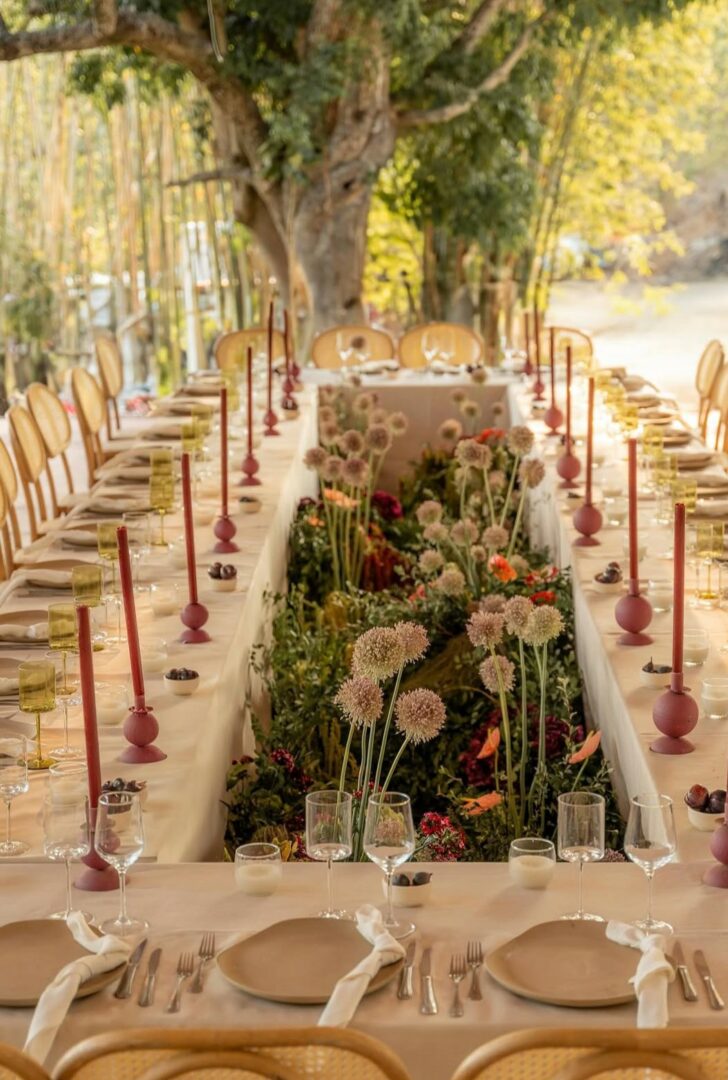
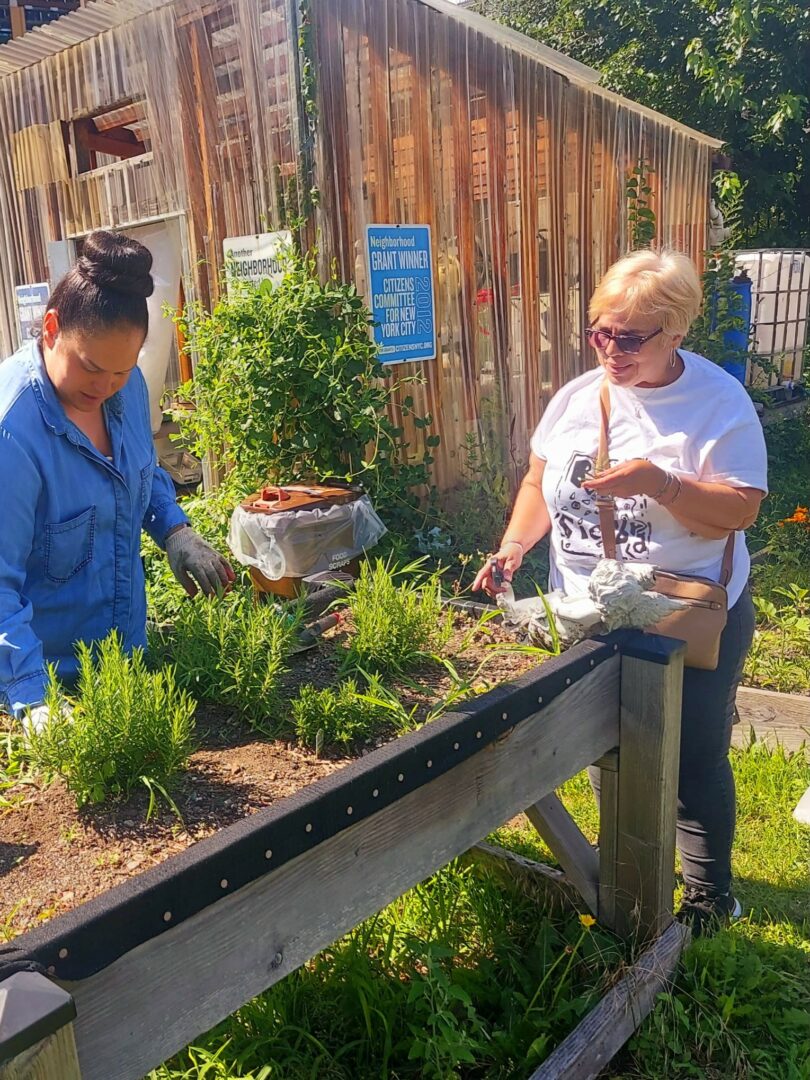
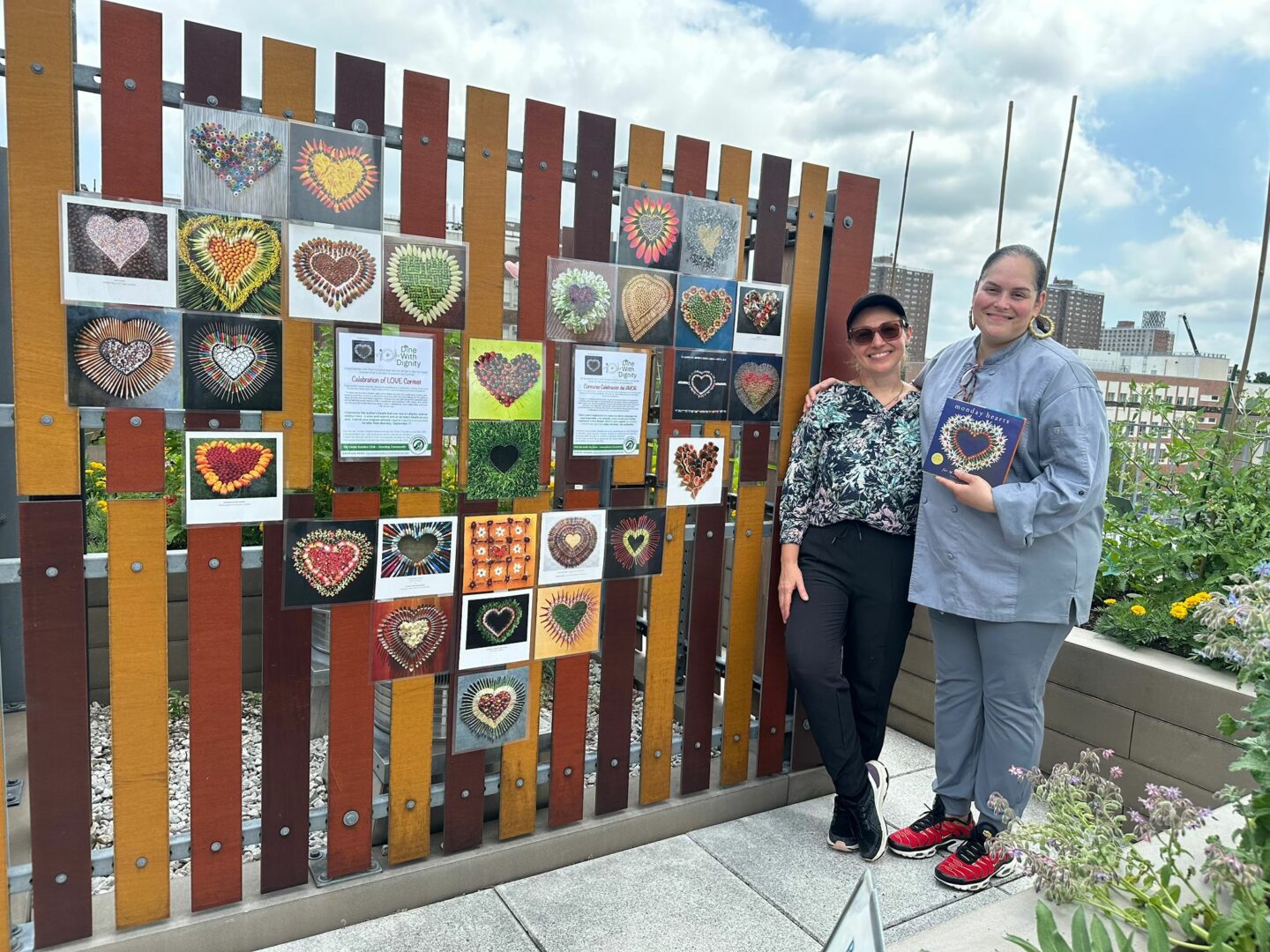
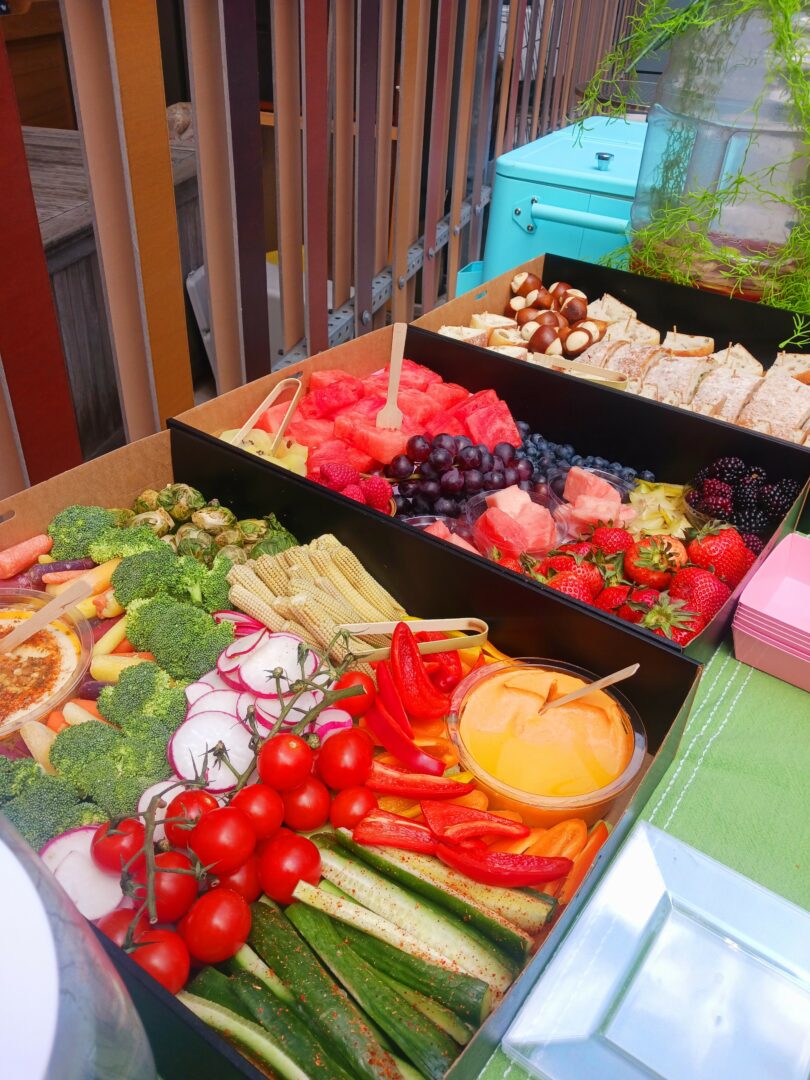
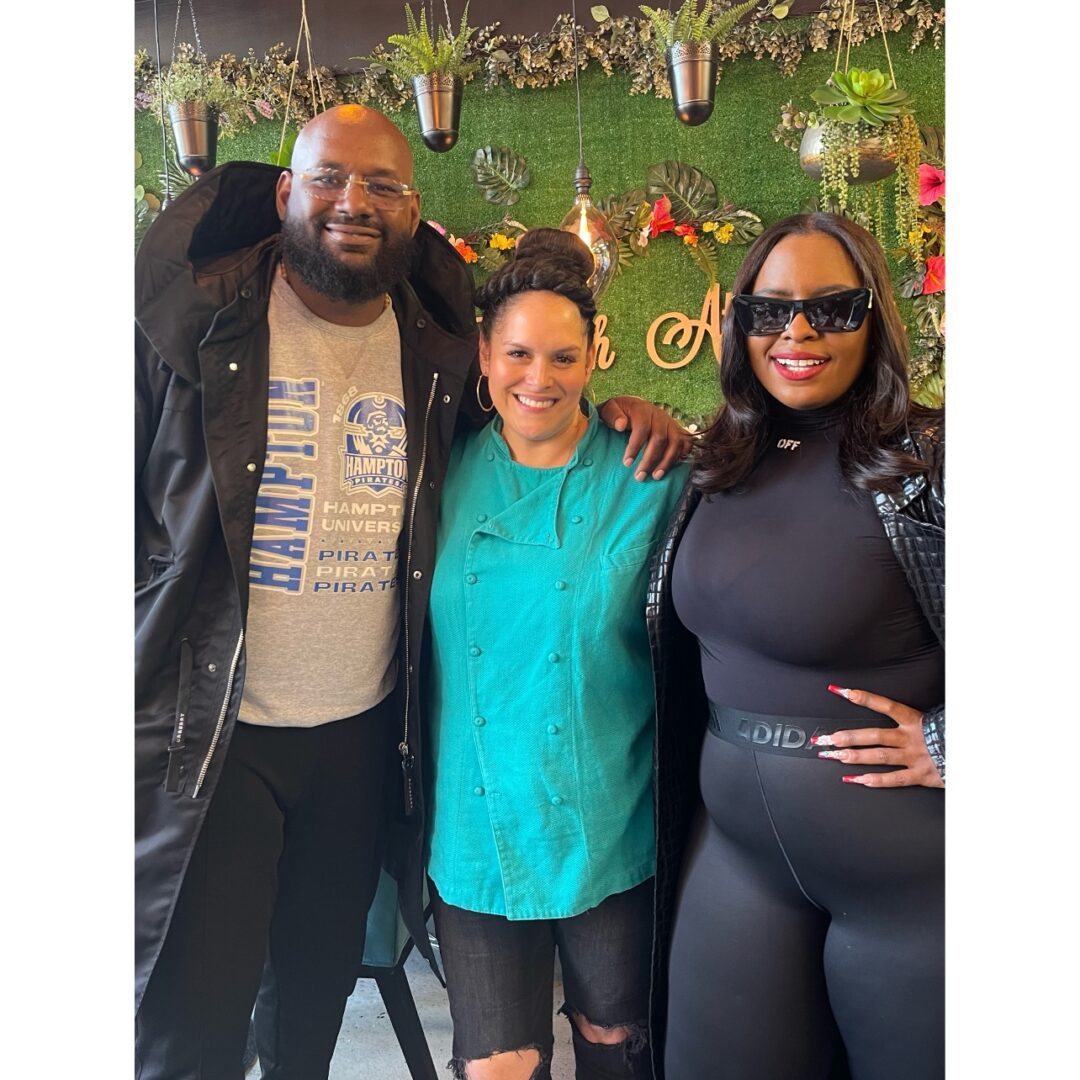
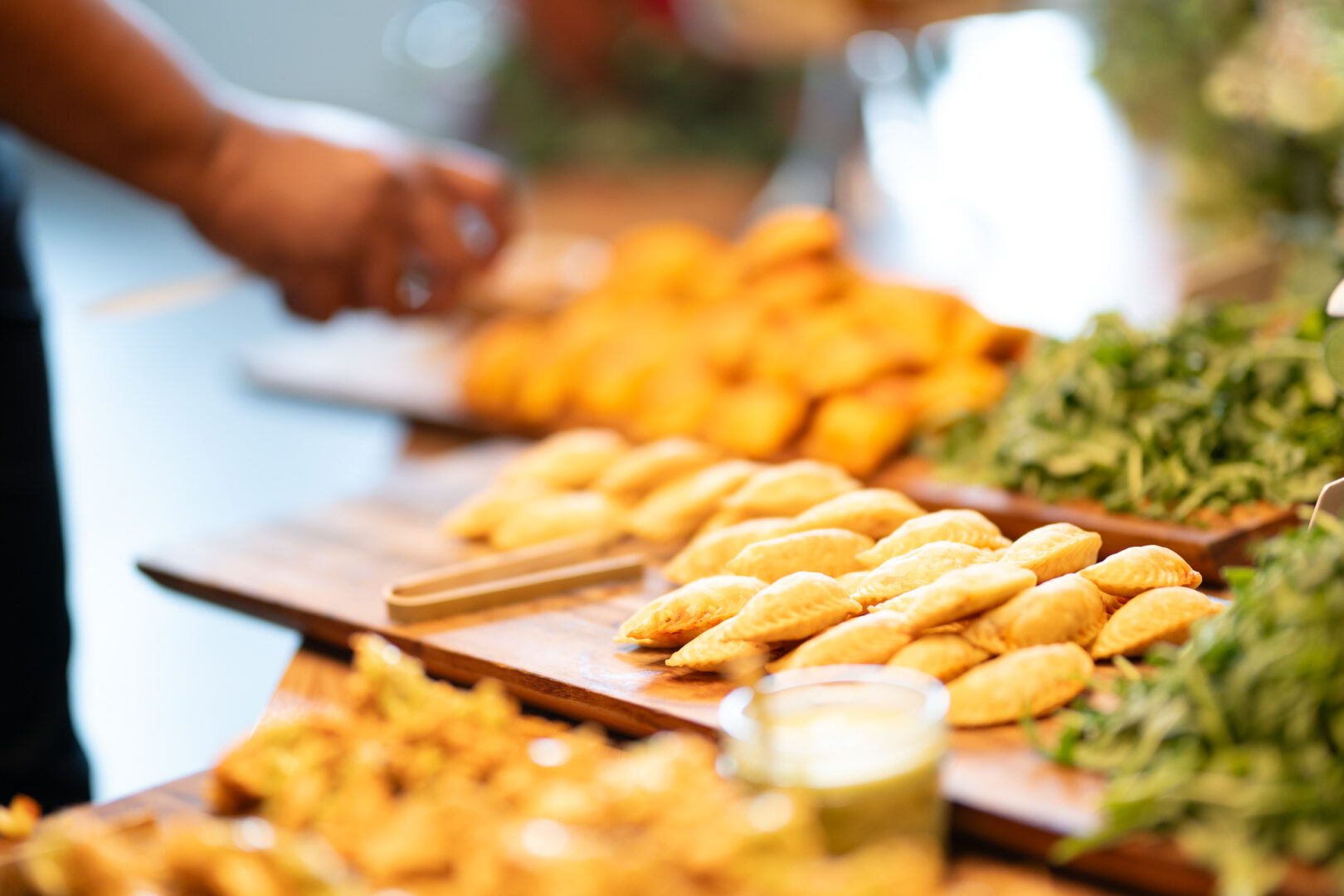
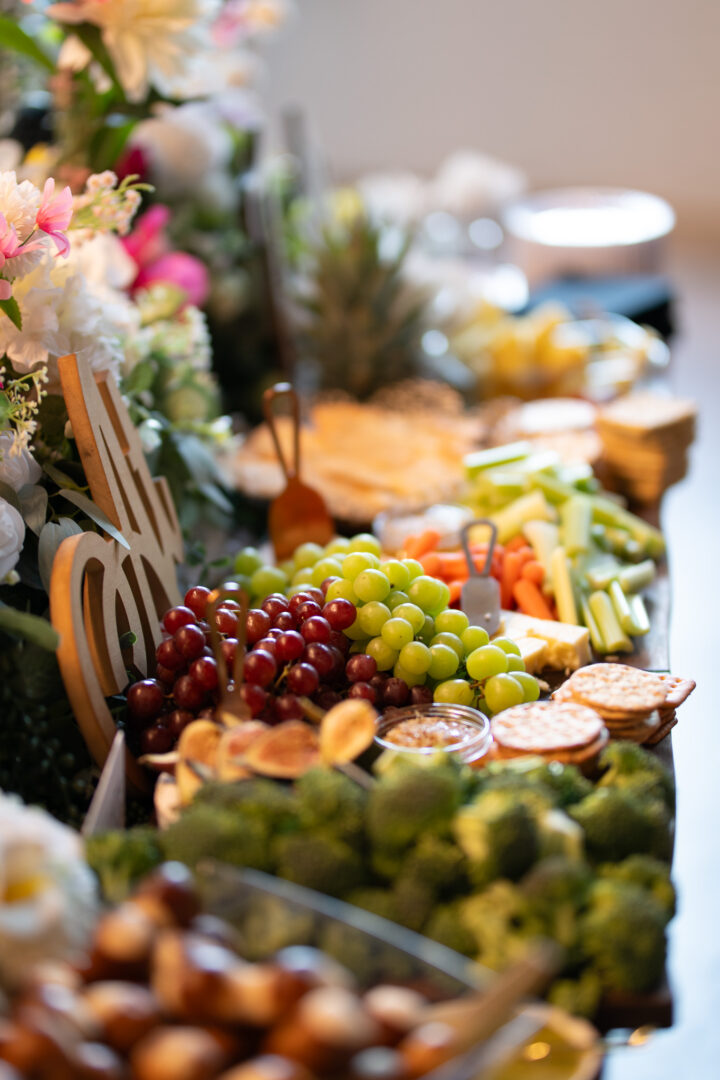
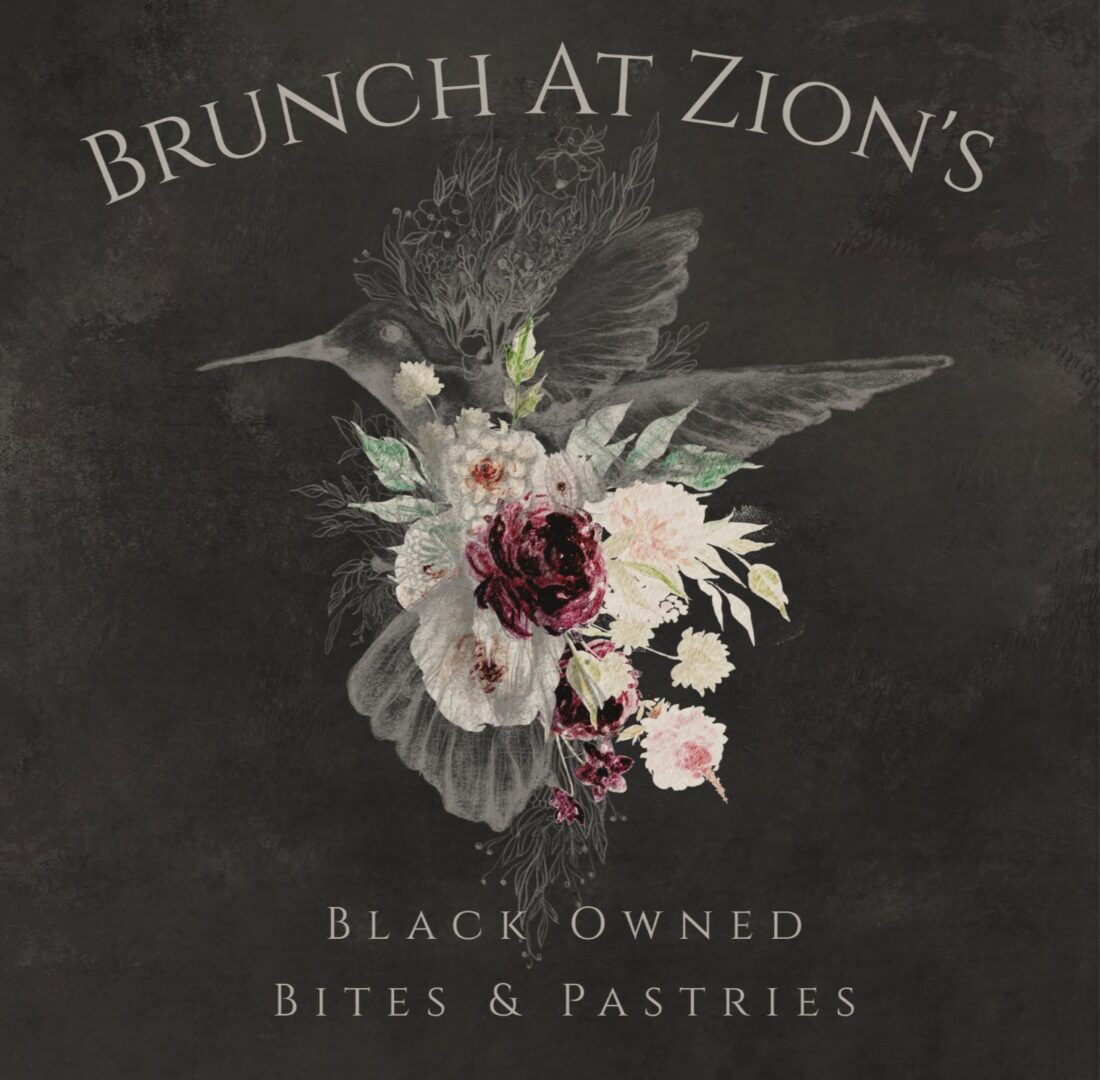
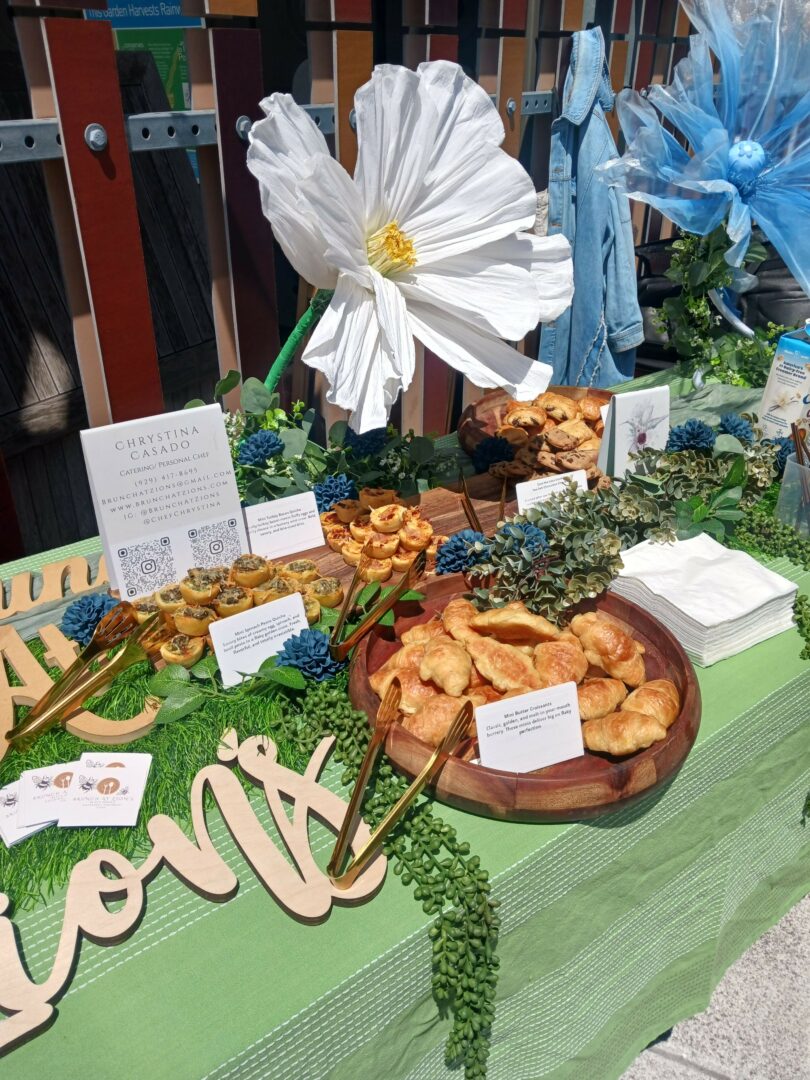
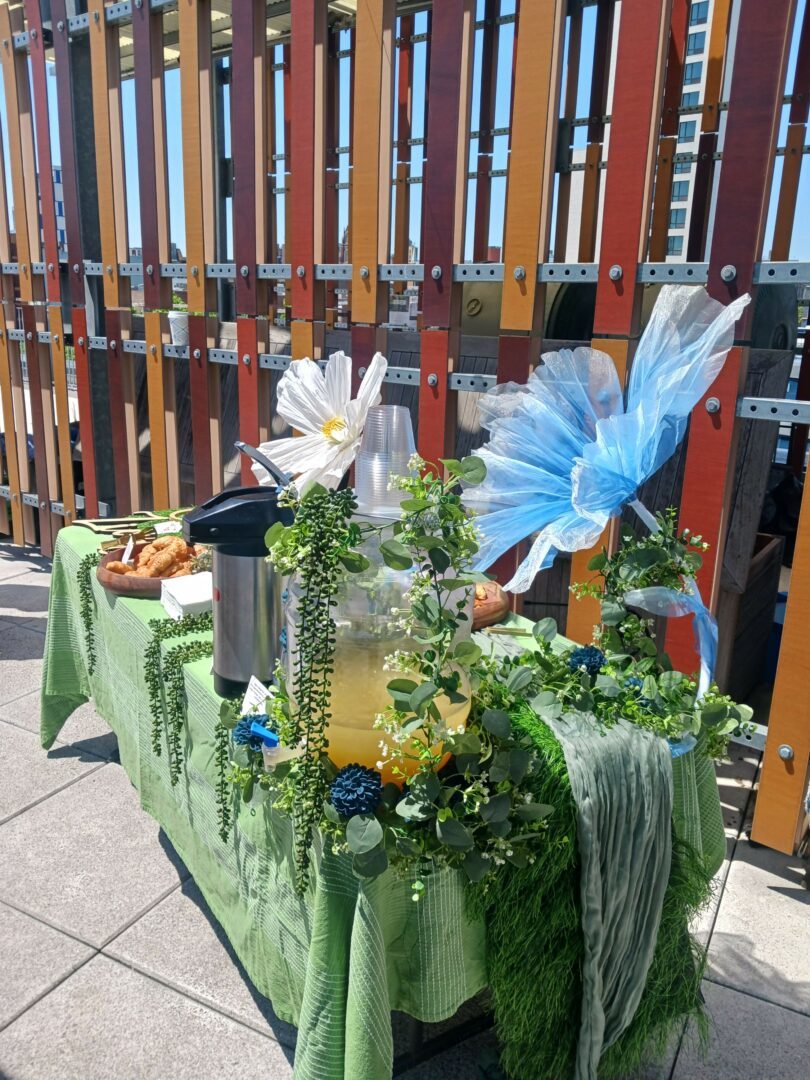
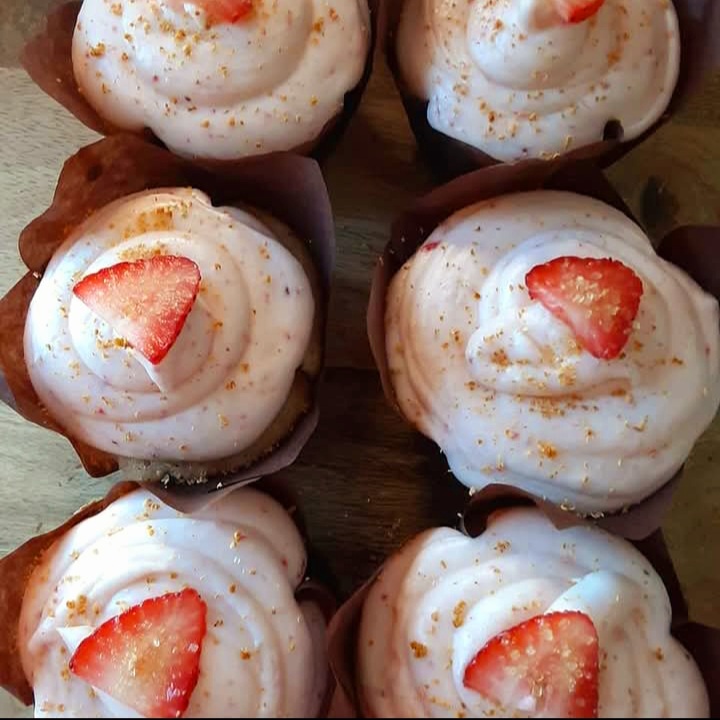
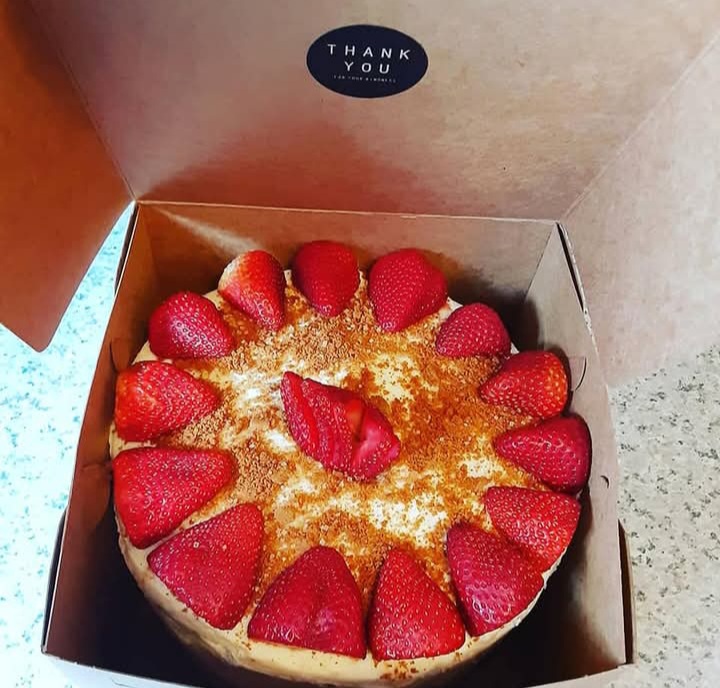
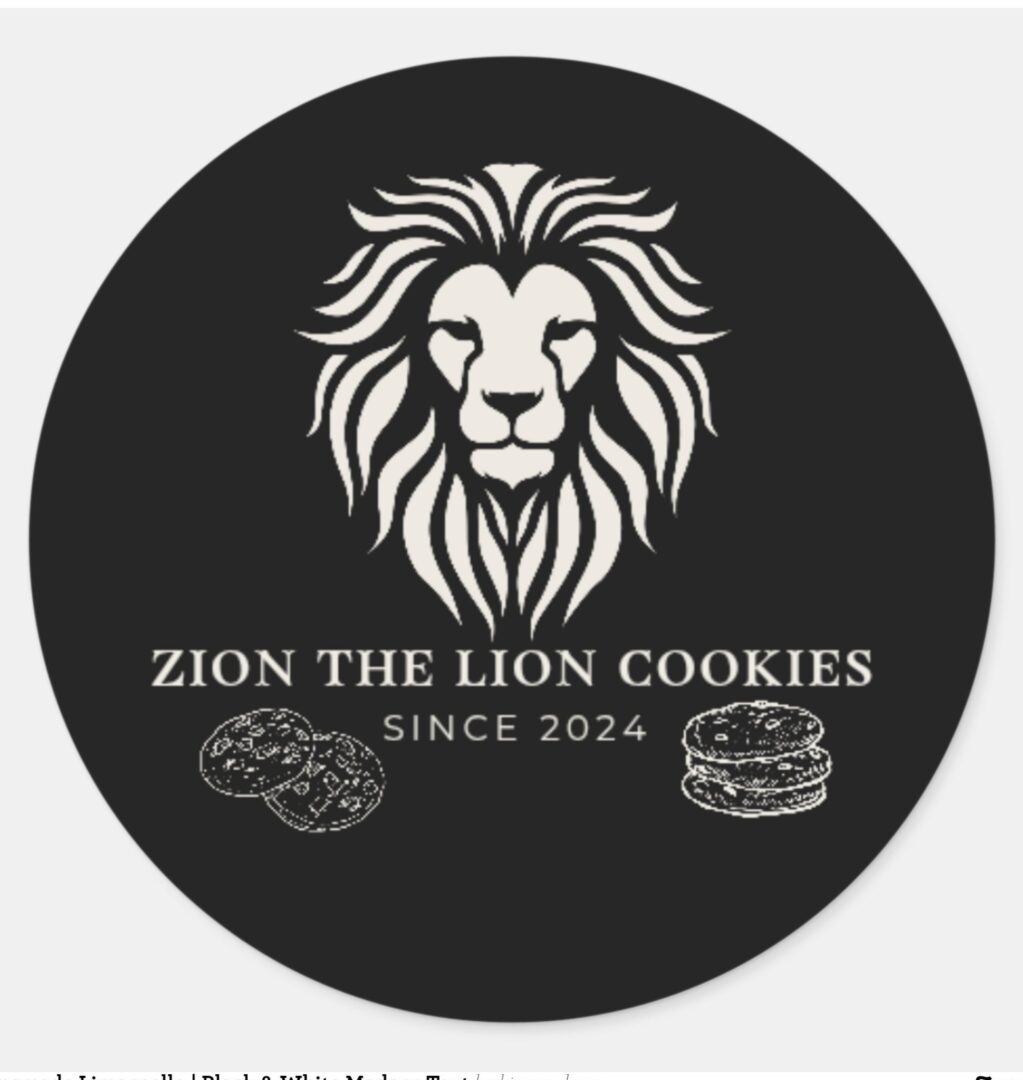
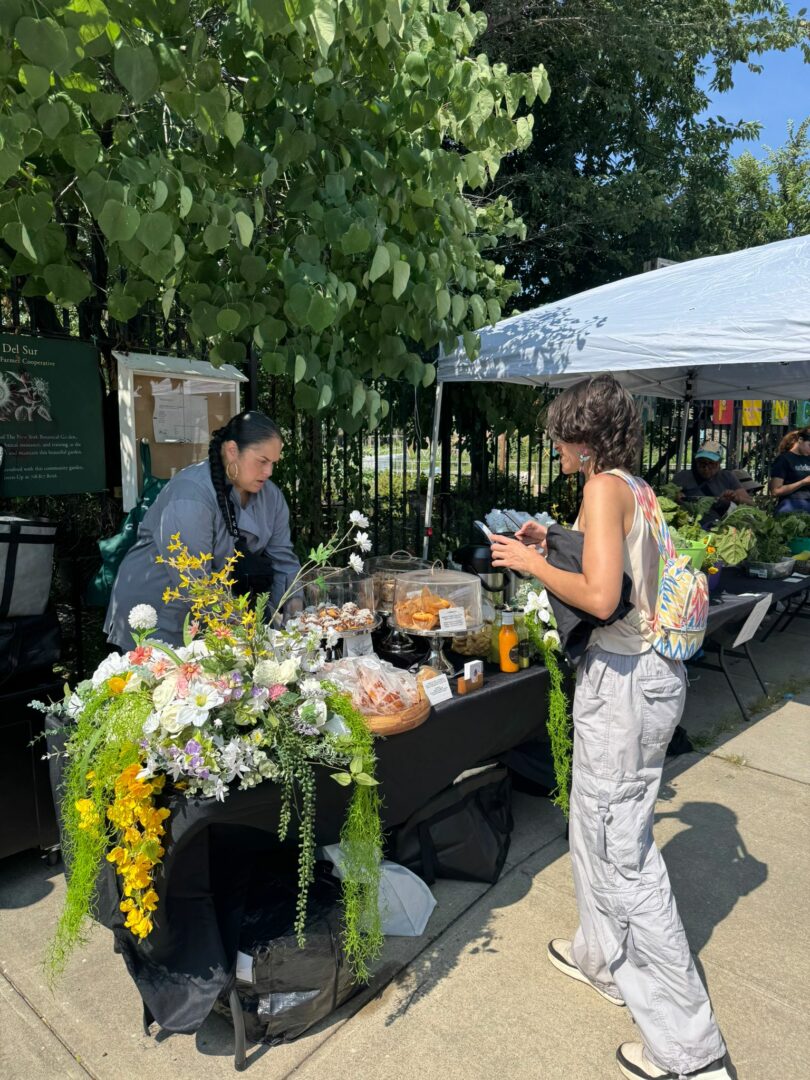
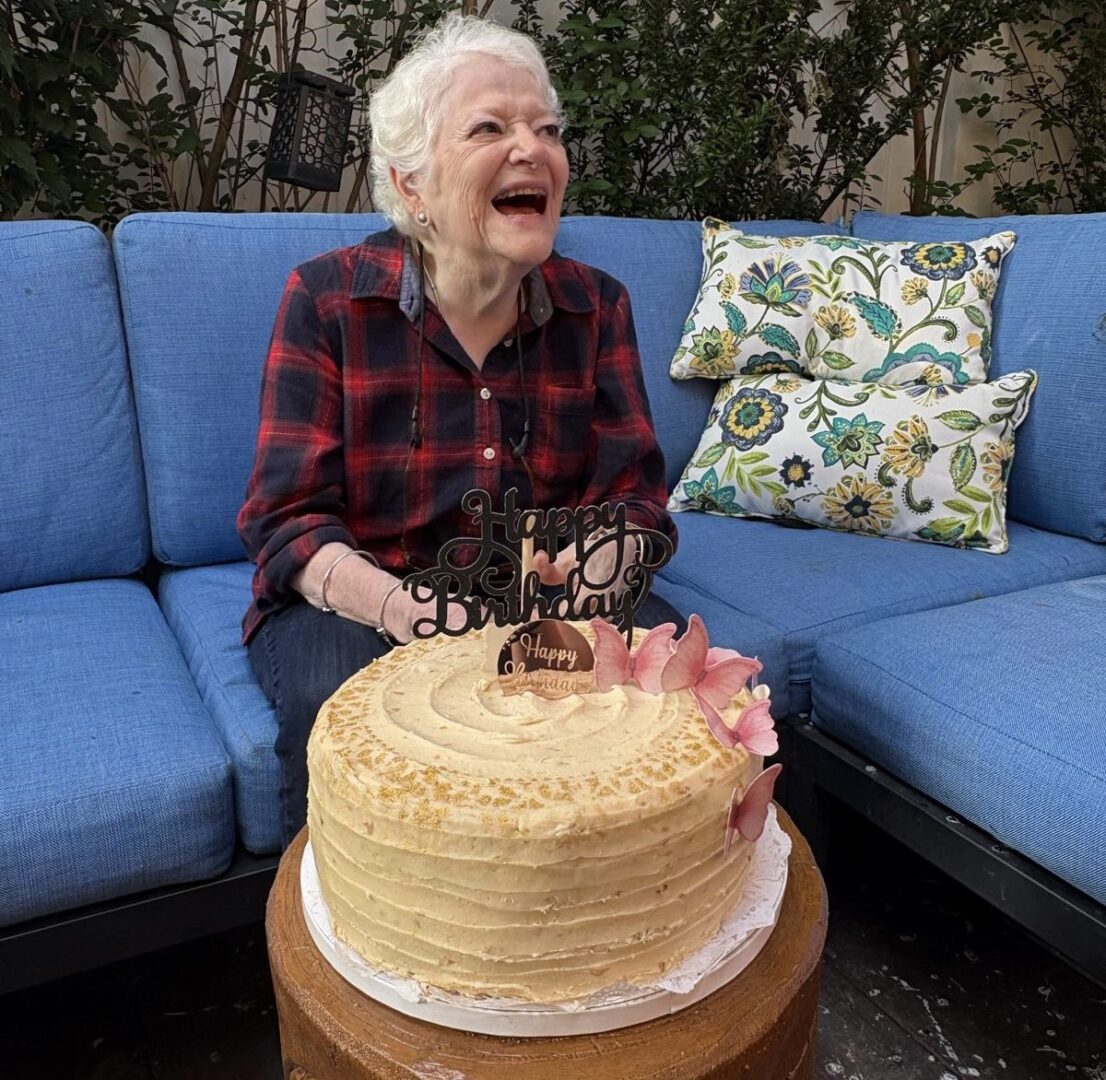
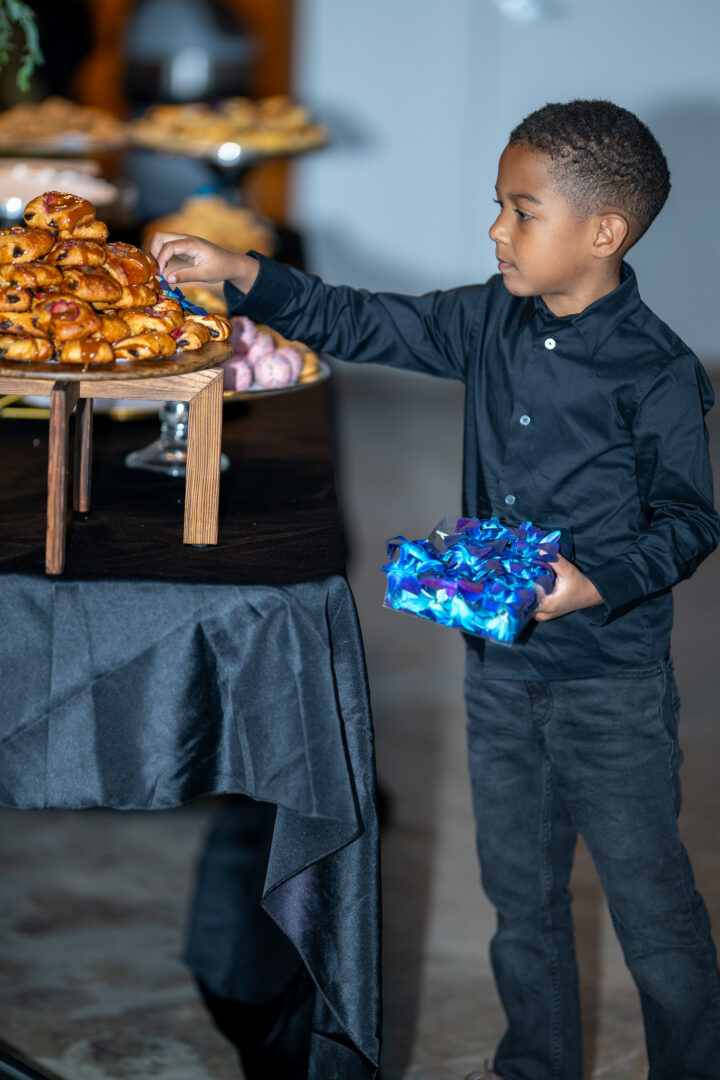
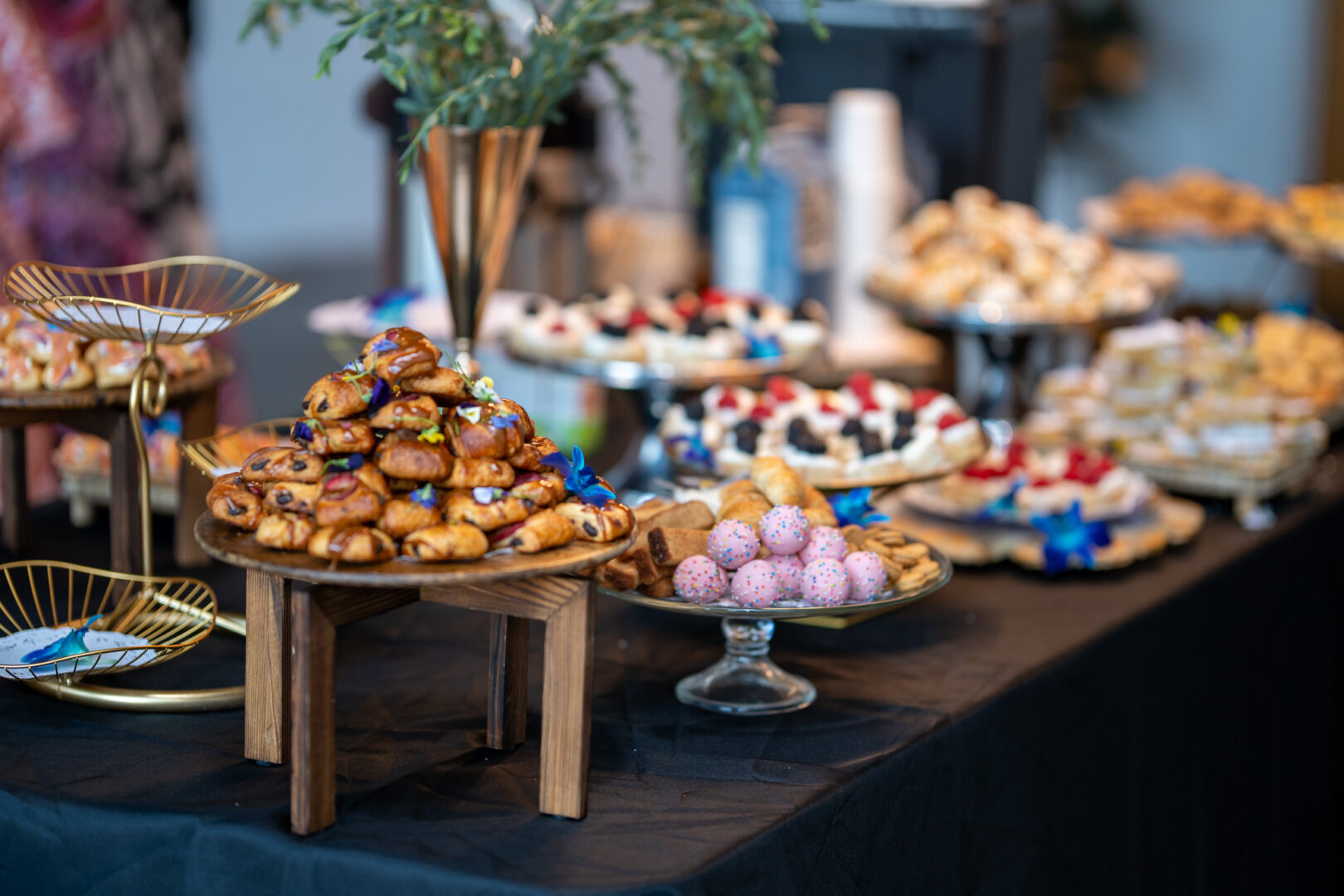
Image Credits
@Nesta_da_great
so if you or someone you know deserves recognition please let us know here.

